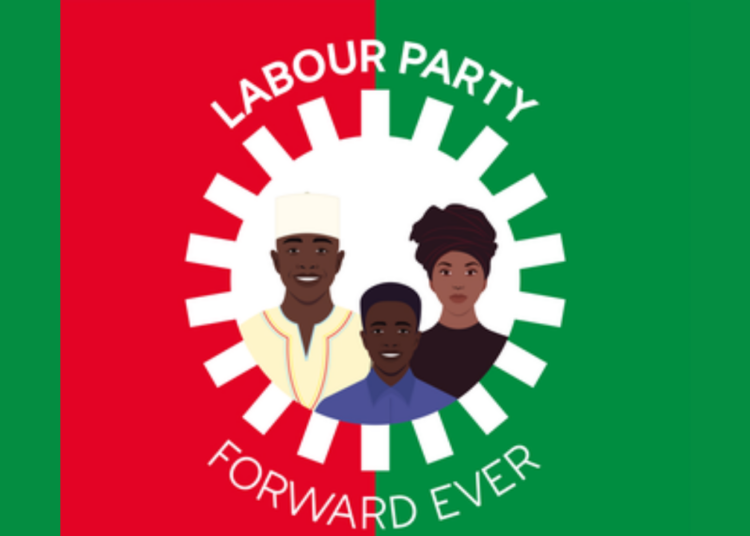The Nigerian political scene has witnessed a surge in anti-party activities among politicians as the political season rounds off with the gubernatorial and state assembly elections. This trend has been observed across the political spectrum, from the ruling All Progressives Congress (APC) to the main opposition party, the People’s Democratic Party (PDP), and even the new kid on the block, the labour party.
The phenomenon has raised concerns about the integrity of the political system and the future of democracy in Nigeria. Anti-party activities refer to actions taken by politicians that undermine the interests of their political parties.
This can range from openly criticizing the party leadership to working against the party’s candidates in elections. In Nigeria, anti-party activities have become increasingly common in recent years, especially among politicians who have lost out in internal power struggles.
One of the most prominent cases of anti-party activities in Nigeria was the G-5 governors. The governors, led by Rivers State Governor Nyesom Wike, include Samuel Ortom (Benue), Ifeanyi Ugwanyi (Enugu), Okezie Ikpeazu (Abia), and Seyi Makinde (Oyo). They demanded the replacement of the People Democratic Party (PDP) National Chairman, Iyorchia Ayu, with a southerner to correct the “regional imbalance” in the PDP since the presidential candidate of the party, Atiku Abubakar, and Ayu are both northerners.
The G-5 governors were openly campaigning against the party in the presidential election. Ortom openly endorsed the LP presidential candidate, Peter Obi. It remains to be seen if the party will have the courage to suspend or expel any of the G-5 now that the election has been won and lost.
Another curious case is that of the former speaker of the House of Representatives, Yakubu Dogara. He has switched parties of late, and it is unclear where he belongs presently. He left the APC because of the Muslim-Muslim ticket and joined the PDP, where he endorsed Atiku. However, of late, he was openly campaigning for the APC gubernatorial candidate, Abubakar Sadique, in his home state of Bauchi. He justified his decision by saying he follows candidates and not political parties. Perhaps the anti-party has a different meaning for Nigerian politicians.
In Ogun state, former governor, Ibikunle Amoson, continued from where he stopped in the 2019 elections. In 2019, while being a senatorial candidate of the APC, he was openly campaigning against his party in the gubernatorial election. Just when we thought we have seen the last of the drama, Amosun is still going from one local government to another in Ogun, campaigning for the ADC gubernatorial candidate. The last time I checked, Amosun is still a chieftain of the APC, and no punishment was meted out to him.
I have also seen parties who can’t even win a single ward endorsing candidates of major parties hoping to get settled if the person emerges the governor or president .We need to stop clowning .
During the 2019 general elections, several high-ranking members of the APC openly supported candidates from other parties in states where they had been unable to secure the party’s nomination. In some cases, these politicians went as far as to campaign against the official APC candidates, causing confusion and disunity within the party.
Similarly, in the PDP, there have been instances where party members have openly opposed the party’s official candidates, citing grievances with the selection process. This has led to the emergence of parallel factions within the party, which has weakened the party’s overall cohesion and electoral prospects.
The rise of anti-party activities can be attributed to several factors, including the lack of internal party democracy, the pursuit of personal interests by politicians, and the influence of money and power. In Nigeria, political parties are often seen as vehicles for personal
The rise of anti-party activities can be attributed to several factors, including the lack of internal party democracy, the pursuit of personal interests by politicians, and the influence of money and power.
In Nigeria, political parties are often seen as vehicles for personal gain rather than platforms for serving the public. As a result, politicians are more concerned with securing their positions and influence within the party than advancing the party’s agenda.
Another factor is the lack of consequences for anti-party activities. Despite rules and regulations prohibiting such actions, politicians who engage in anti-party activities are often not punished.
Thirdly, anti-party activities undermine the country’s democratic process. When politicians engage in anti-party activities, it creates a culture of impunity, where politicians can act without consequences, and this undermines the democratic process.
To address the rise of anti-party activities among politicians, political parties need to take urgent steps to strengthen their internal democratic structures. Parties should provide a level playing field for all members to participate in the decision-making process and ensure that critical decisions are made transparently and in line with the party’s constitution and guidelines.
Additionally, political parties should introduce measures to discourage anti-party activities, such as sanctions and disciplinary measures. Such measures should be clearly outlined in the party’s constitution and enforced when necessary.
Political parties should also work towards reducing the incentives for anti-party activities by creating a more conducive environment for politicians to pursue their ambitions within the party. This could include improving the welfare of party members, and creating opportunities for political participation.Our democracy must grow.





